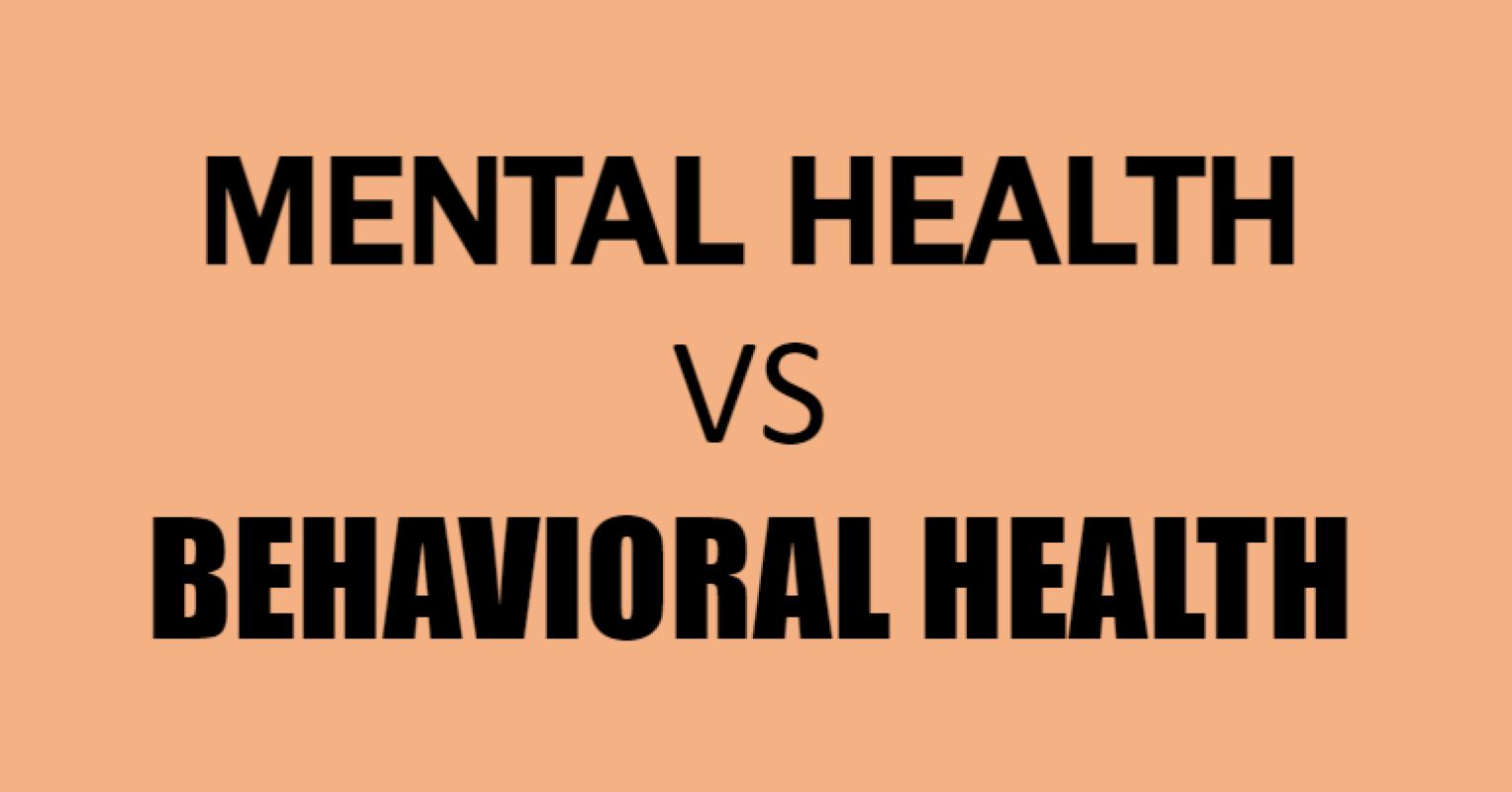
The terms mental health and behavioral health are often applied when it comes it our thoughts, emotions, and behaviors as well as specific diagnoses such as depression or schizophrenia. What is confusing to many, however, is that it seems like some individuals and groups attach different meanings to behavioral versus mental health, while for others the terms are completely interchangeable and it’s just a tomato tomAHto thing.
Behavioral health is clearly a newer term compared with mental health. Its increased usage may have occurred due to the negative connotations associated with the word mental. Beyond that, however, there clearly have emerged some additional distinctions that show up in some circles but not others. When different meanings are ascribed to the two terms, they often relate to the following ideas.
-
The word behavioral suggests that a particular action is under more volitional control or the result of seeking attention or reward. Example: I think Johnny’s outburst is more behavioral when he is asked to do something he doesn’t want to do.
-
Conceptualizing behavioral health is less broad than mental health in that it focuses more on observable actions rather than inner thoughts and feelings. Similarly, mental health sometimes is meant to include things like substance use which behavioral health is not thought to include.
-
Some also seem to imply that behavioral health does not encompass psychiatric disorders while mental health does. Or just the opposite.
Unfortunately, there’s hardly a consensus on this. To illustrate a different take, some online sites compare them this way. Mental health refers to an individual’s psychological and emotional state, which can be affected by things such as biological factors, life experiences, and family history. On the other hand, behavioral health encompasses a broader range of issues, including mental health conditions, substance use disorders, and other behaviors that impact an individual’s well-being, such as eating habits, exercise, and sleep patterns.
While this sounds tidy, these distinctions rapidly break down with scrutiny. Behavioral health conditions are not affected by biological factors or life experiences? Hardly.
For the confused public, it is probably best at this point not to assume that someone is implying anything meaningful when they choose the term behavior health over mental health, or vice versa. If they are, hopefully, they’ll make that clear.
Of note, our major professional organizations in this area haven’t really weighed on this subject officially. The American Psychological Association and American Psychiatric Association don’t have formal positions on this and their online content often uses both terms mainly based on the individual writer of the content. Major government entities have continued to use mental health in their descriptions such as the National Institute of Mental Health and the Substance Abuse and Mental Health Services Administration but these are older institutions and, as far as anyone can tell, they aren’t trying to suggest any kind of distinction for themselves.
We have plenty of culture wars going on already, we don’t need another one on this. Nevertheless, this issue is worth some awareness to avoid confusion and particularly the overinterpretation of what others are saying or writing when it comes to your well-being.
